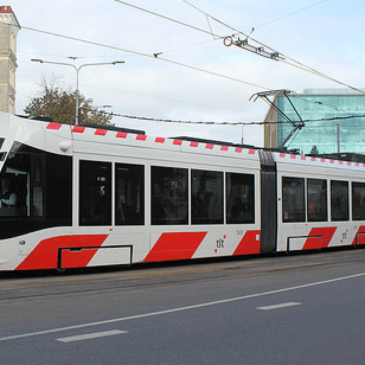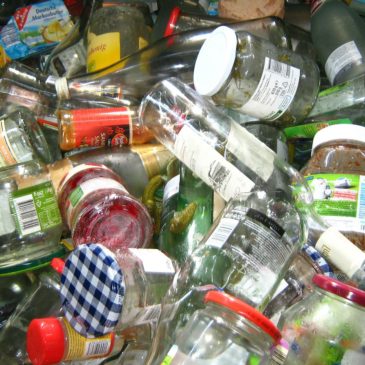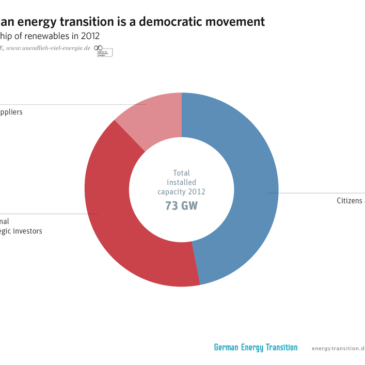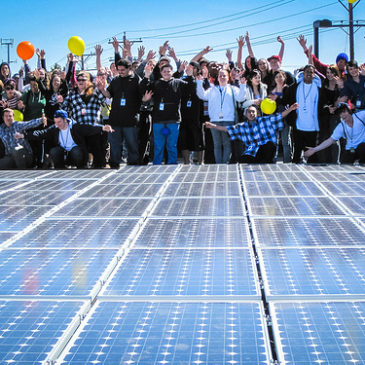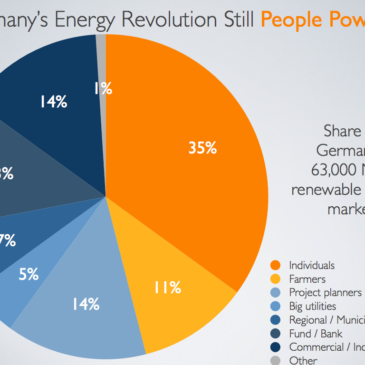Is Amazon a Monopoly? Documentary Newly Released in the U.S.
Watch the newly released English-language version of a powerful documentary about Amazon’s outsized power, both in the U.S. and abroad. The film, which first aired on German public television, features Stacy Mitchell explaining to viewers how Amazon operates its monopoly machine.… Read More





